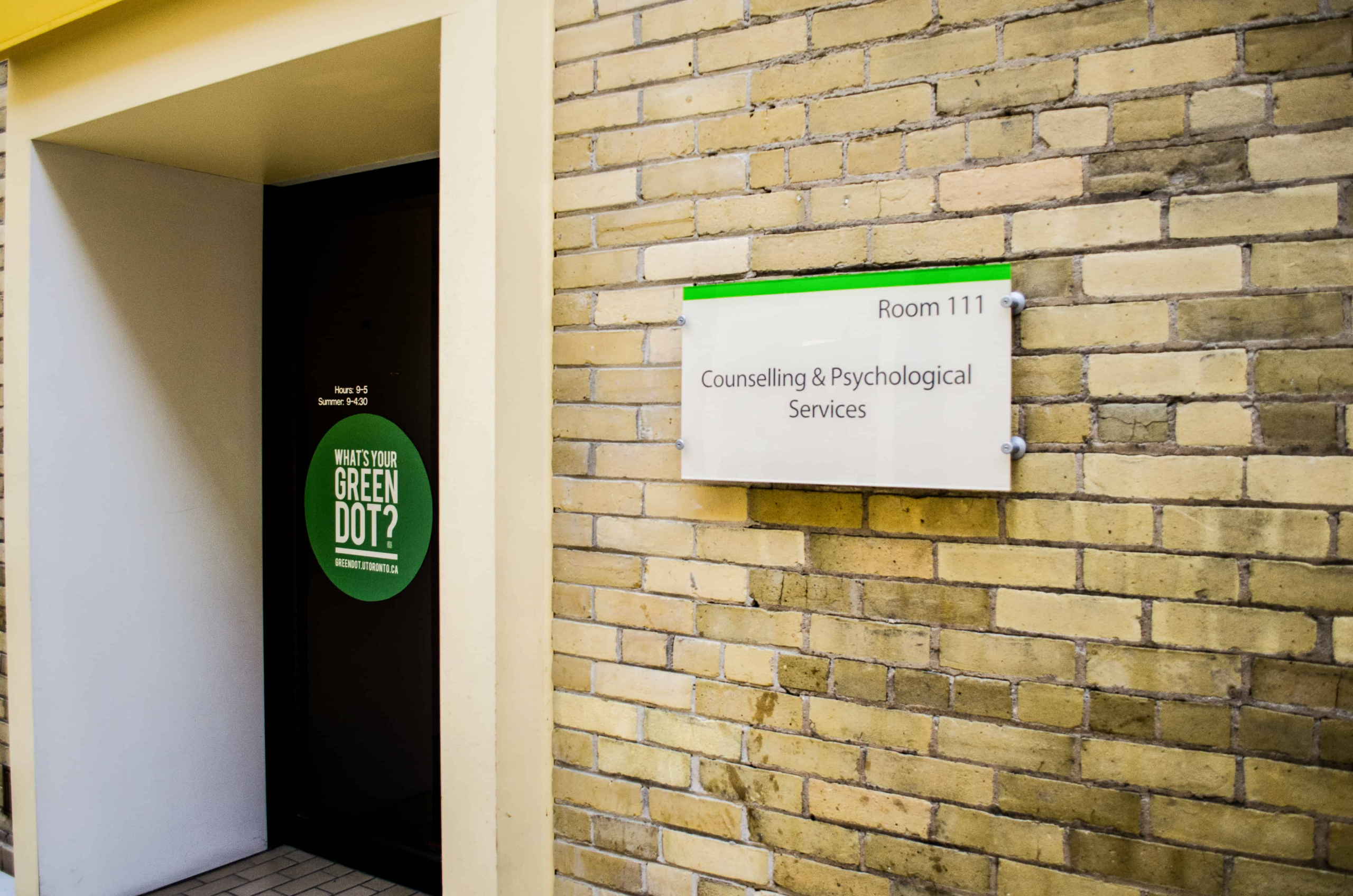A new UTSU-led campaign raising awareness about students’ mental health took shape at a town hall meeting late last week.
The UTSU campaign will focus on the eradication of discrimination towards students with mental health concerns by first collaborating with groups on campus to undertake an accessibility audit.
Also last week, the Ontario government announced $27 million in spending over three years to tackle mental health concerns on campuses. The first installment will launch 10 new programs, including a 24-hour helpline for students.
The twin efforts from the UTSU and Queen’s Park, which are not formally connected, represent a renewed focus on what appears to be the worsening condition of mental health on Ontario campuses.
According to the spring 2012 National College Health Assessment, which surveyed around 76,000 students across North America including 5,000 U of T students, 86.8 per cent felt overwhelmed by all they had to do, 51.3 per cent felt overwhelming anxiety, and 31.6 per cent felt so depressed that they found it difficult to function at any time within the last 12 months.
According to Health and Wellness executive director Janine Robb, a significant proportion of students deal with adjustment or psycho-social issues: 27 per cent experience anxiety disorders, 24 per cent mood disorders, 18 per cent adjustment disorders, and 18 per cent psychosocial difficulties.
Corey Scott, the outgoing UTSU vice-president, internal & services, said that there was lack of attention given to the correlation between tuition fees and mental health. Many issues of mental health, Scott said, became more prevalent as tuition fees increased.
Noor Baig, outgoing vice-president, equity, said that flat fees create the expectation that students can handle six courses — a norm, Baig says, that is unattainable.
“Taking six courses, with readings and assignments, is not conducive to a healthy lifestyle unless a student is in excellent physical, mental, and economic health. This is the case for so few students, so why is this the standard students should be living up to?” said Baig.
In addition, the UTSU campaign aims to address concerns with Counseling and Psychological Services (CAPS).
CAPS is a campus service that offers students short-term individual counselling, psychotherapy, workshops, and psychiatric medication services.
In collaboration with Accessibility Services, CAPS anchors initiatives such as the first-year students’ “Move U of T,” which supports active healthy living to sustain them in the transition into university life, and “Exam Jam” which offers students workshops on how to include mind-body movement and meditation to overcome their stress. In addition, CAPS provides individual activities such as peer mentoring, professional counselling, Monday meditations and yoga.
“There are a great variety of strategies, workshops, seminars, programs, and individual counselling, at all three campuses that address wellness and mental health on an ongoing basis. The university endeavours to build a holistic approach to education and preparation and stress prevention into the lives of students,” said vice-provost, students, Jill Matus in an email to The Varsity.
One of the main issues related to CAPS is that its services are capped at 20 sessions for U of T students. Yolen Bollo-Kamara, vice-president, campus life, said that when students with mental health issues reach 20 sessions, the transition to receive further counselling is difficult.
“If you have a mental health issue and need to see a counsellor regularly, after the first half of studies your sessions may run out. This campaign should rally for more sessions,” added Mahsima Tavoosi-Monfared, a fourth-year student specializing in sociology and psychology.
In an email to The Varsity, Robb said that in CAPS, 95 per cent of students have 12 or fewer visits and 0.01 per cent reach the 20 session limit.
“Our goal is not to provide long-term ongoing psychotherapy,” said Robb. She said for students who require long-term psychotherapeutic services, their needs “exceed our mandate and they are better served within the community health network.”
Another issue with CAPS brought forth in the campaign is how anti-depressants make up the majority of medications prescribed on campus. Robb said that although the majority of medications prescribed are anti-depressants, only 19–25 per cent of students are prescribed medication. Last year, she says, only 19 per cent of students were on medications.
UTSU president Shaun Shepherd said that the university is stressful by way of design and that prescribing anti-depressants was a Band-Aid solution.
“CAPS services are not getting down to the nitty gritty of why anti-depressants are the top drug used and why U of T is a place of stress and mental health concerns. We need to think more broadly,” Shepherd said.
Along with the UTSU’s campaign, the new commitment by Queen’s Park has also been praised by university administrators. Matus calls the investment “an excellent initiative,” and added, “the University of Toronto is working with the Council of Ontario Universities to provide guidance and expertise on the pilot project.” The pilot is set to launch this summer.


